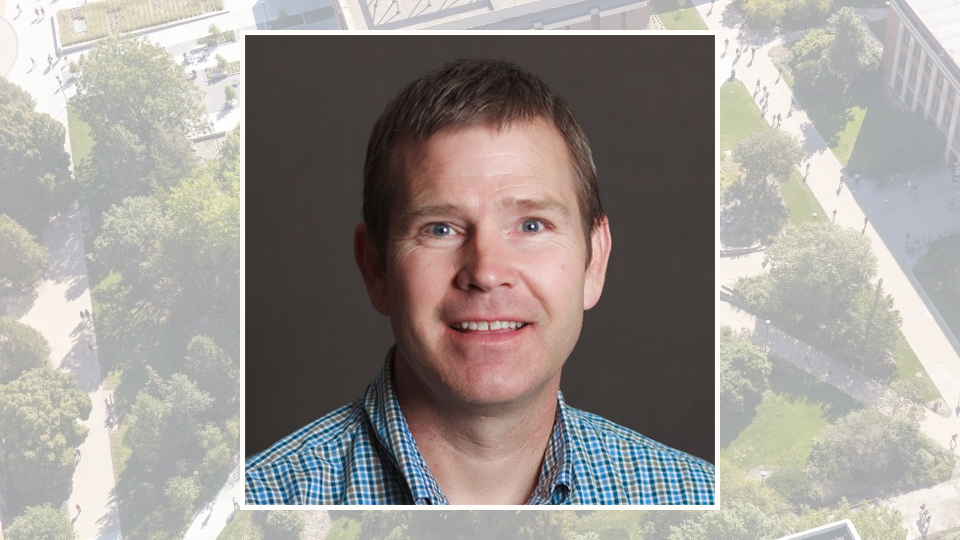
One of the world’s foremost scholars on Romani history and human rights issues is visiting UNL March 16 to present a public lecture titled “Gypsies vs. Roma: The Price of Identity.”
Ian Hancock, professor of English, linguistics and Asian studies at the University of Texas at Austin, will present from 5-6:30 p.m. in the Nebraska Union Colonial Room.
Students, researchers and anyone interested in human rights and social justice issues are encouraged to attend.
Hancock’s talk will cover the academic effort to recover a lost history, the roots of “Romaphobia,” the origin of the literary and fictional “gypsy,” efforts to standardize the Romani language, the Holocaust, slavery and the current socio-political situation for Roma.
Hancock serves as director of the Romani Archives and Documentation Center at Texas and has served as a member of the U.S. Holocaust Memorial Council, as an ambassador to the U.N. Economic and Social Council and as a representative to UNICEF. He has published more than 300 books and articles about the Romani people, history and language. He is also recognized as one of the founders of the field of pidgin and creole linguistics.
“Ian’s visit is indicative of UNL’s timely efforts to highlight and support social justice in connection to ongoing scholarship about human rights in the U.S. and elsewhere," said Theresa Catalano, assistant professor in the Department of Teaching, Learning and Teacher Education in UNL’s College of Education and Human Sciences. "His talk focuses our attention on the international plight of Romani peoples who have experienced human rights violations, and it also offers an opportunity to examine how research might inform the study of national and international policies being currently implemented with regard to the Roma and similar populations.”
Hancock is well known for his Romani human rights work and his role in bringing to light the details of the “Porrajmos,” a word Hancock introduced from the Romani language to describe the Romani Holocaust during WWII. In Romani, Porrajmos means “the devouring.”
For more information about Hancock’s scholarly work, visit http://go.unl.edu/jqij.
While on campus, Hancock will also speak with TLTE graduate students and visit Catalano’s class on Intercultural Communication.
The UNL Research Council and the Forsythe Family Program on Human Rights and Humanitarian Affairs are presenting the event. Other sponsors include the College of Education and Human Sciences, the departments of Teaching, Learning and Teacher Education; Child, Youth and Family Studies; Ethnic Studies; Modern Languages and Literature; Sociology; Political Science; History; and the Harris Center for Judaic Studies.


